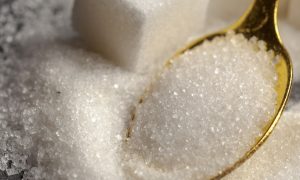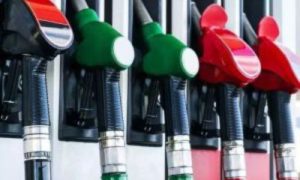Biodiesel more suitable alternative for Peninsular Malaysia compared to hydrogen: Energy expert

Energy expert P Ganesha told Free Malaysia Today that biodiesel is more suitable for Peninsular Malaysia than hydrogen, which lacks sufficient hydro-electric dams for affordable production. Ganesha, a senior research associate at the Asia School of Business, stressed that relying on coal for hydrogen could harm environmental efforts. While Sarawak explores hydrogen, Ganesha and economist Geoffrey Williams noted the lengthy transition to alternative fuels and infrastructure requirements.
According to an energy expert, biodiesel is a more suitable alternative for Peninsular Malaysia compared to hydrogen, which is being considered in Sarawak, reported Free Malaysia Today
“P Ganesha explained to FMT that unlike Sarawak, the Peninsula lacks sufficient hydro-electric dams to generate surplus energy for affordable hydrogen production,” the expert said.
Ganesha, a senior research associate at the Asia School of Business, emphasized that Peninsular Malaysia currently lacks the capability for large-scale hydrogen production necessary to make it a viable fuel option.
He expressed concerns that increasing energy production solely for hydrogen could undermine environmental sustainability efforts, particularly since Malaysia relies heavily on coal for electricity generation.
“If Sarawak has excess hydrogen that they are willing to share with us, it would change the situation significantly,” Ganesha noted.
For the time being, Ganesha suggested that biodiesel and other derivatives remain the preferable choice for the peninsula.
Last week, Sarawak’s Premier Abang Johari Openg proposed exploring hydrogen and other sustainable energy alternatives nationwide to replace diesel, aiming to reduce government-funded diesel subsidies.
Ganesha also pointed out that transitioning fully to hydrogen will take time due to the prevalence of petrol and diesel engines in current vehicles.
“You have to overhaul the entire infrastructure to ensure compatibility with hydrogen as a fuel,” he explained.
Meanwhile, economist Geoffrey Williams agreed that moving away from diesel could decrease the need for subsidies but cautioned that transitioning to alternatives such as electric vehicles or hydrogen will be a lengthy process, as these technologies are not widely available yet.














